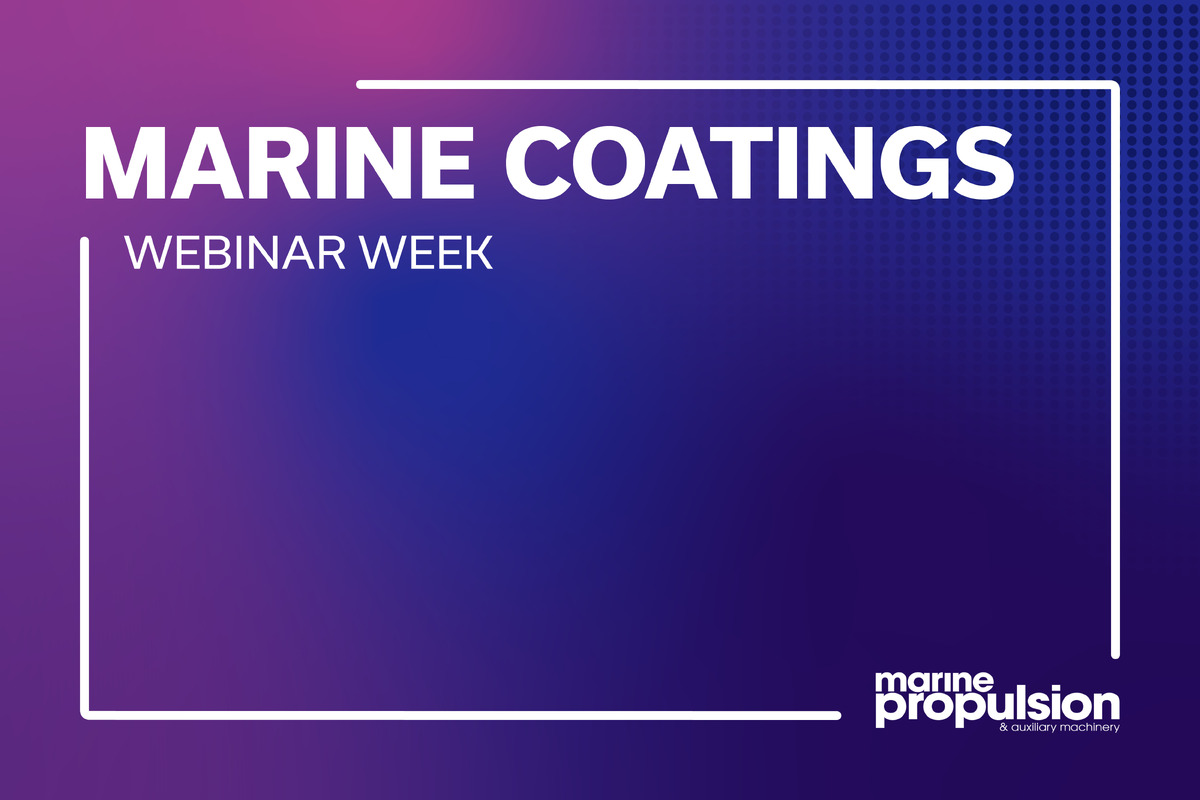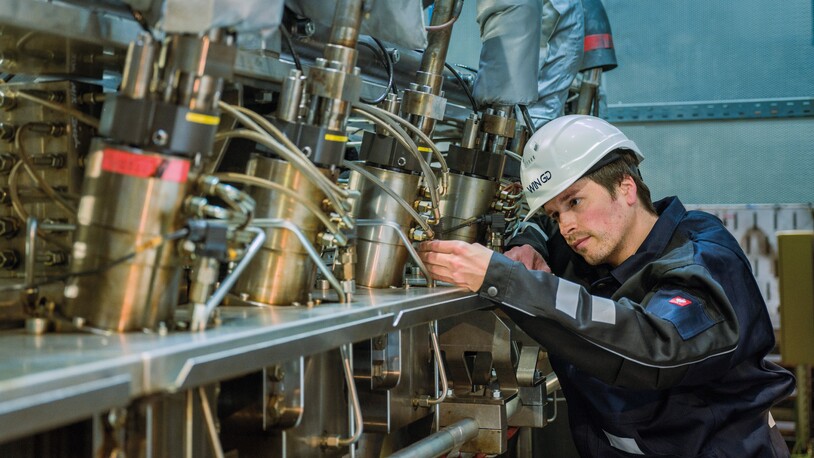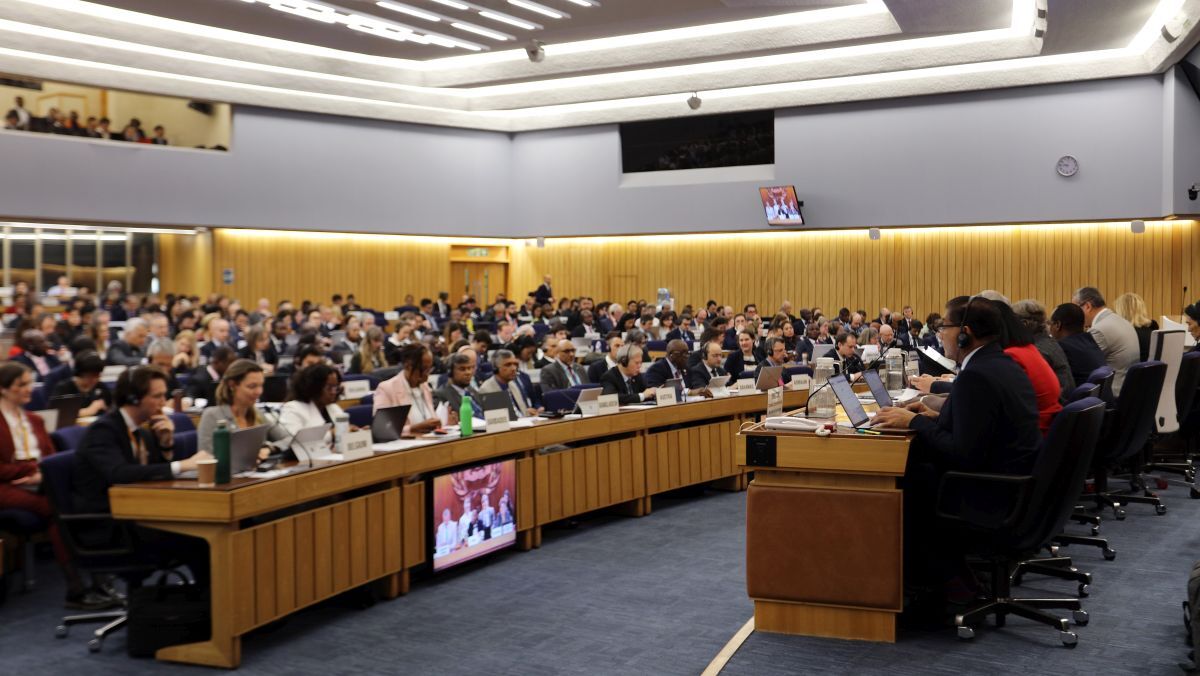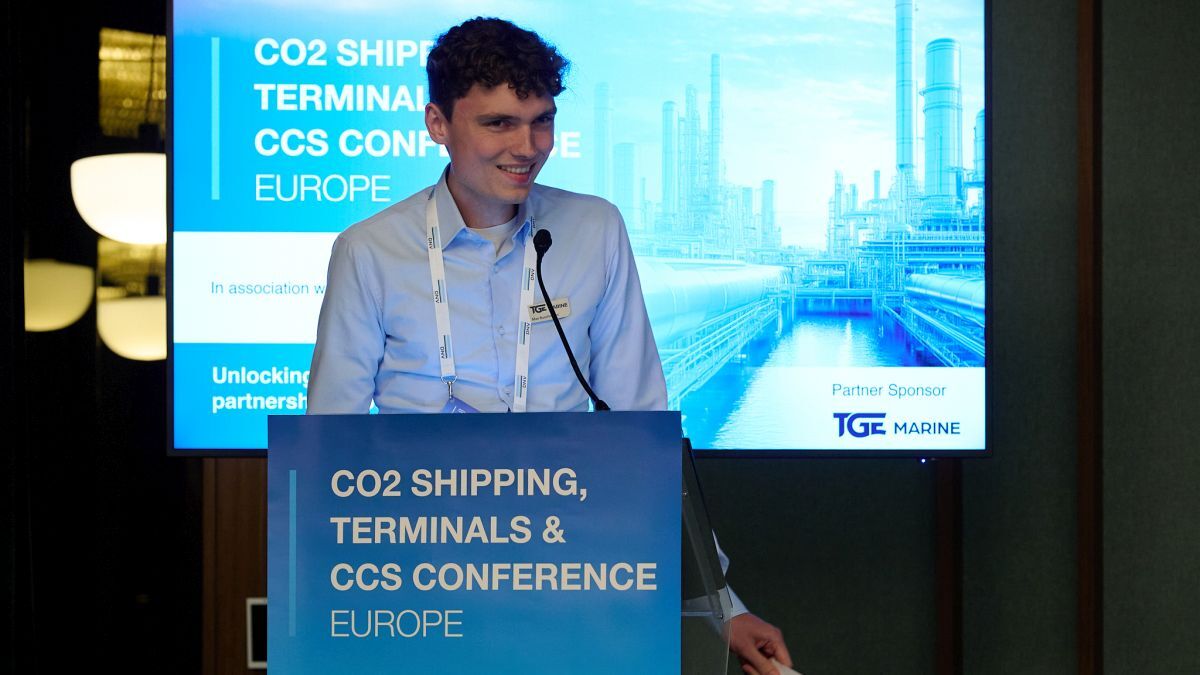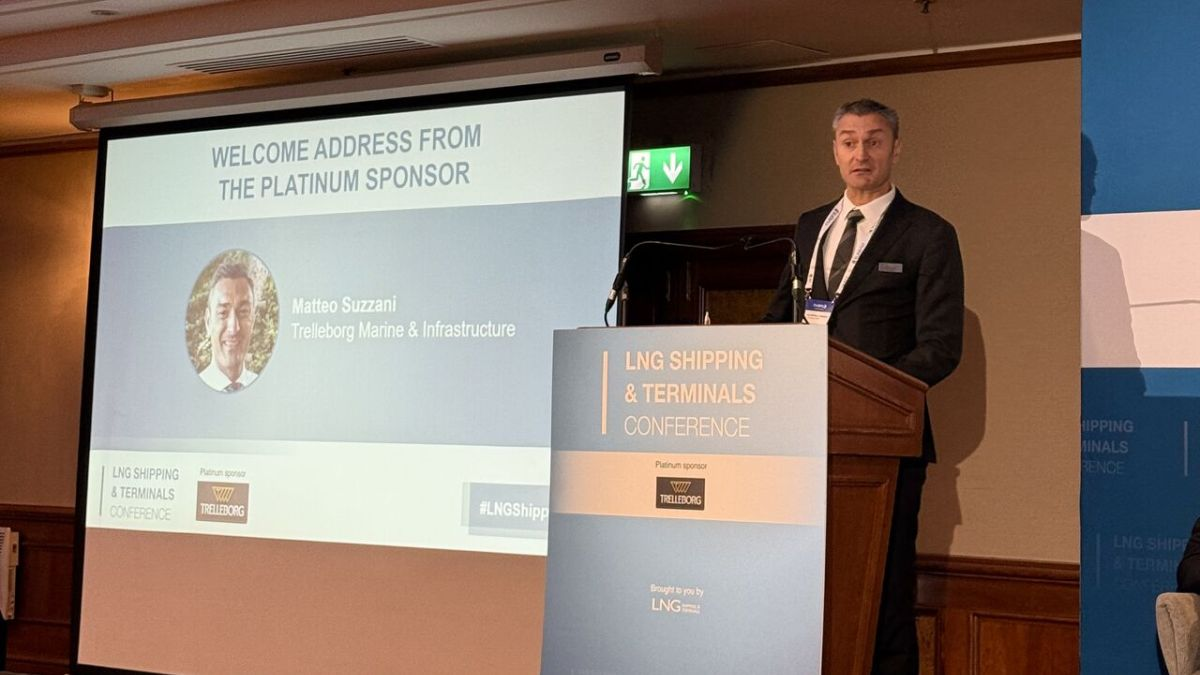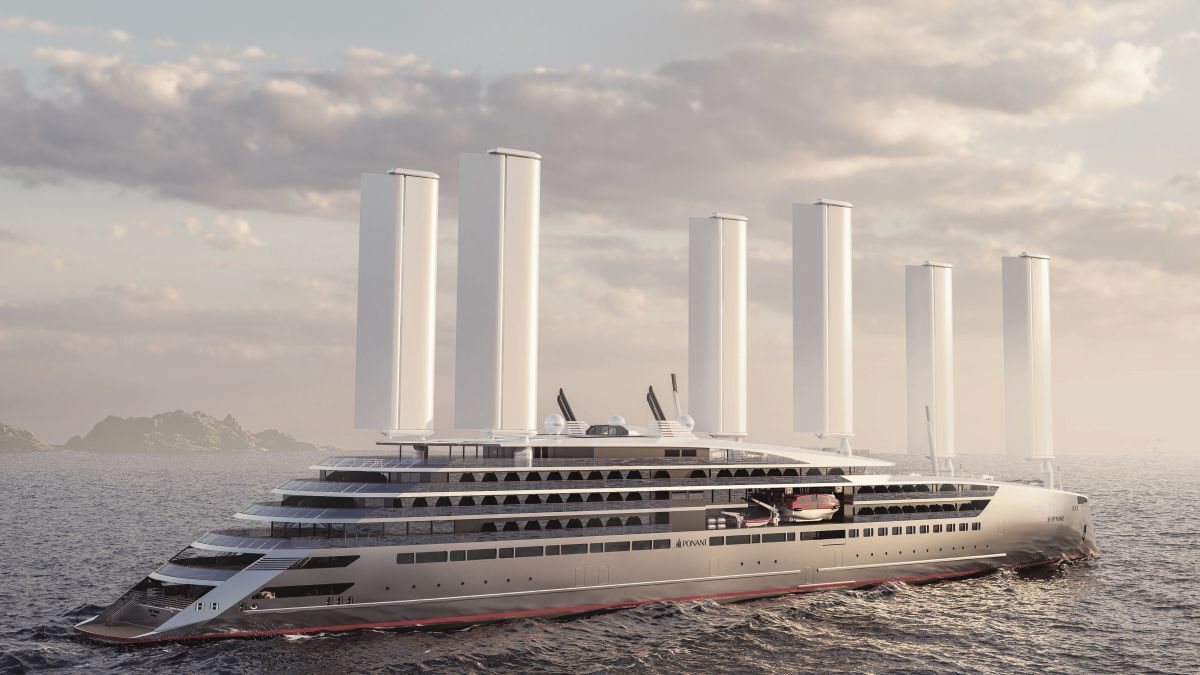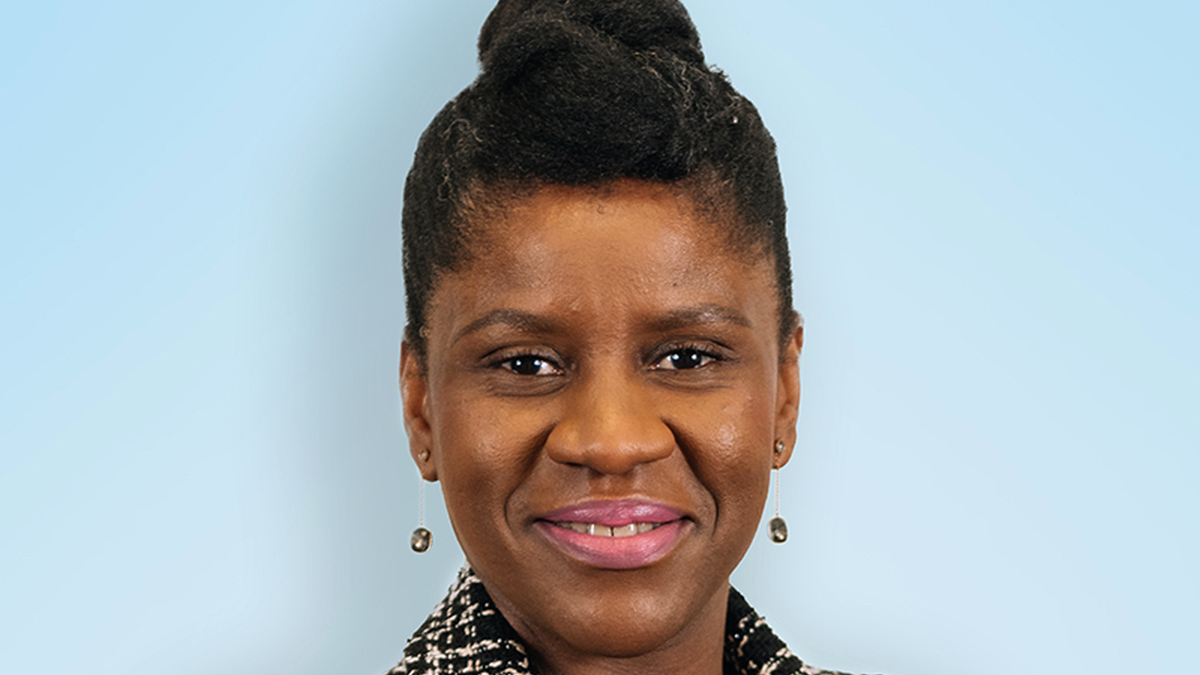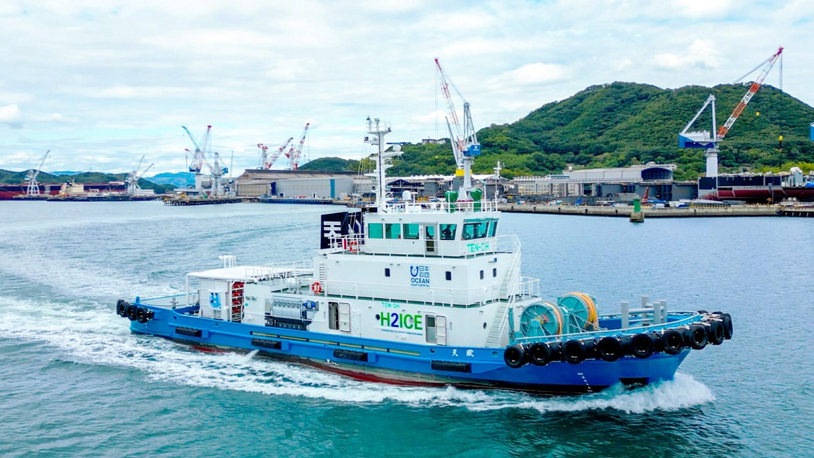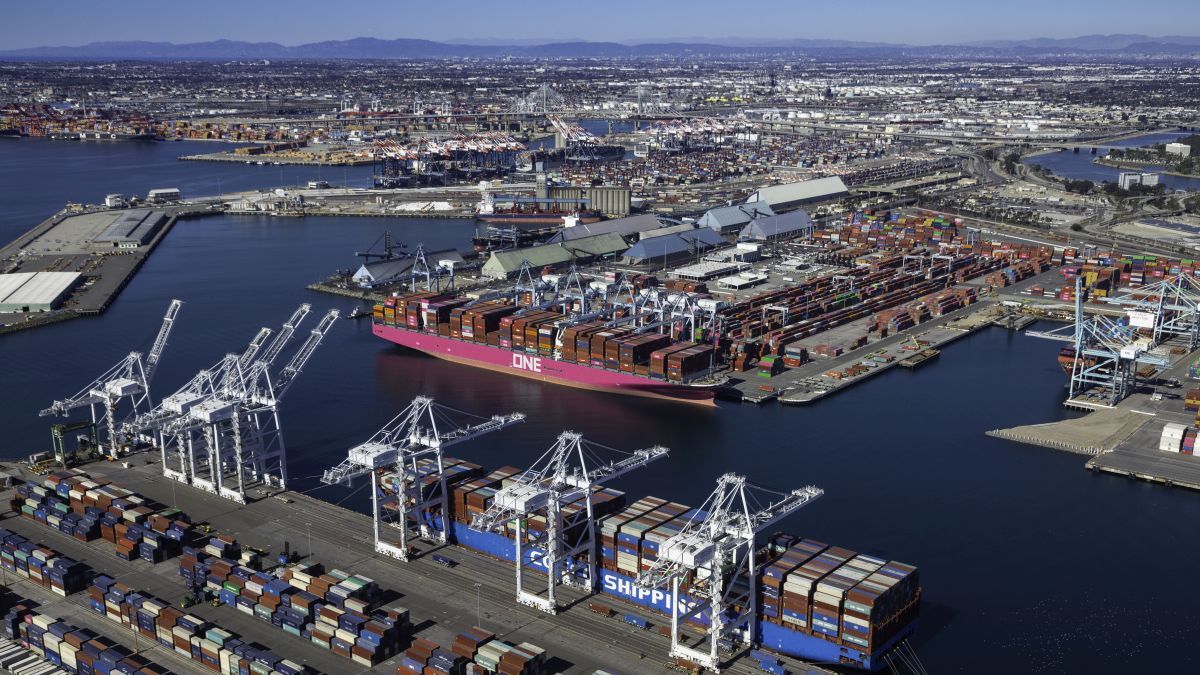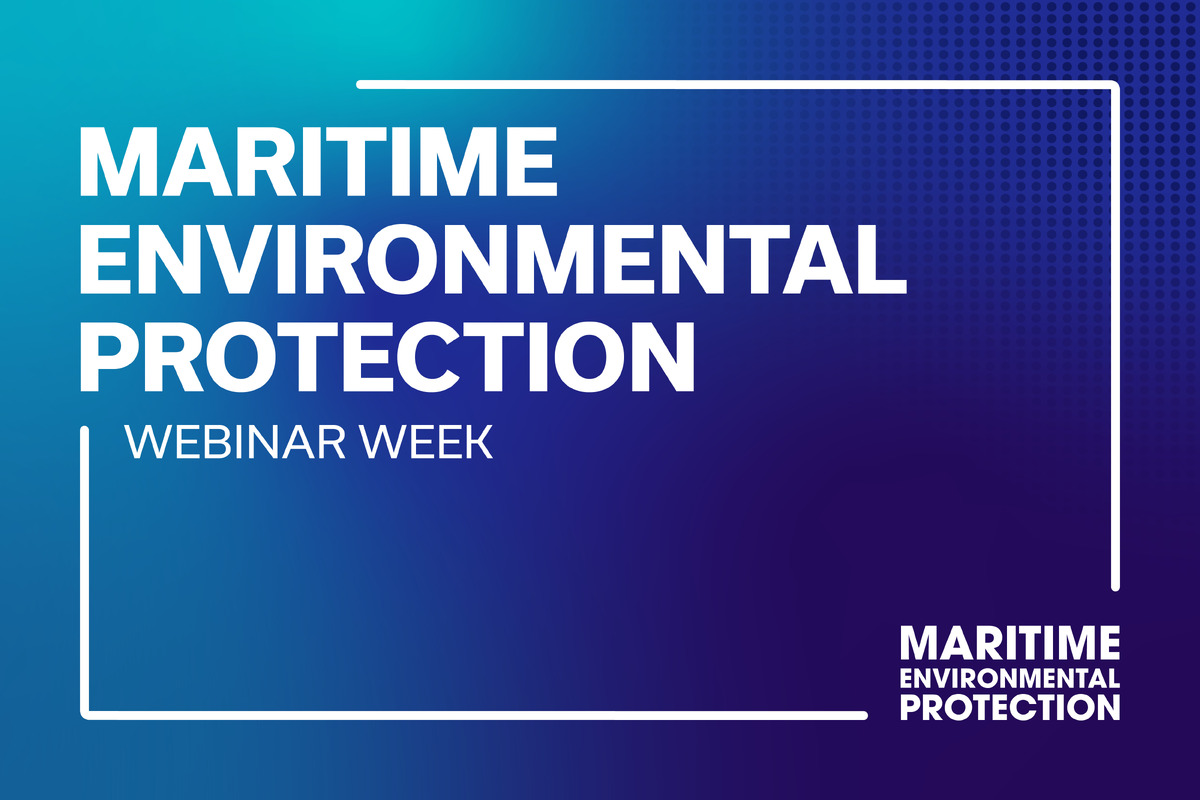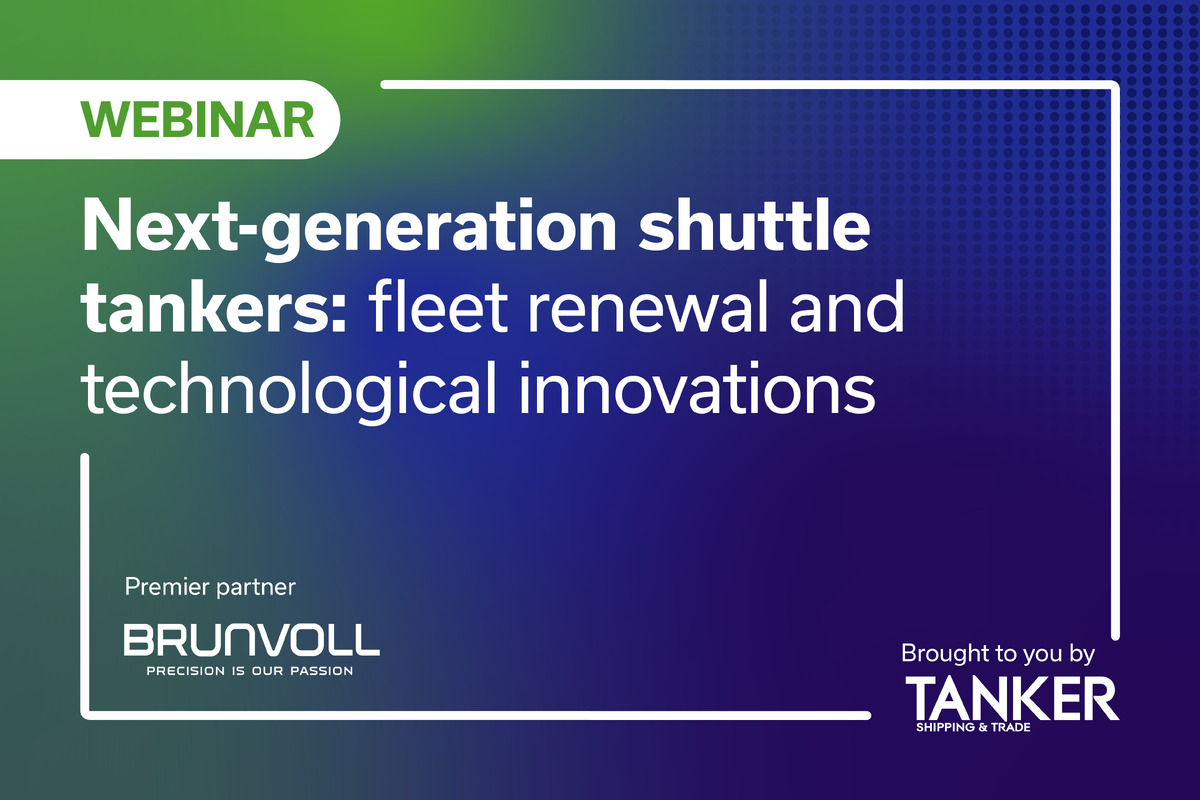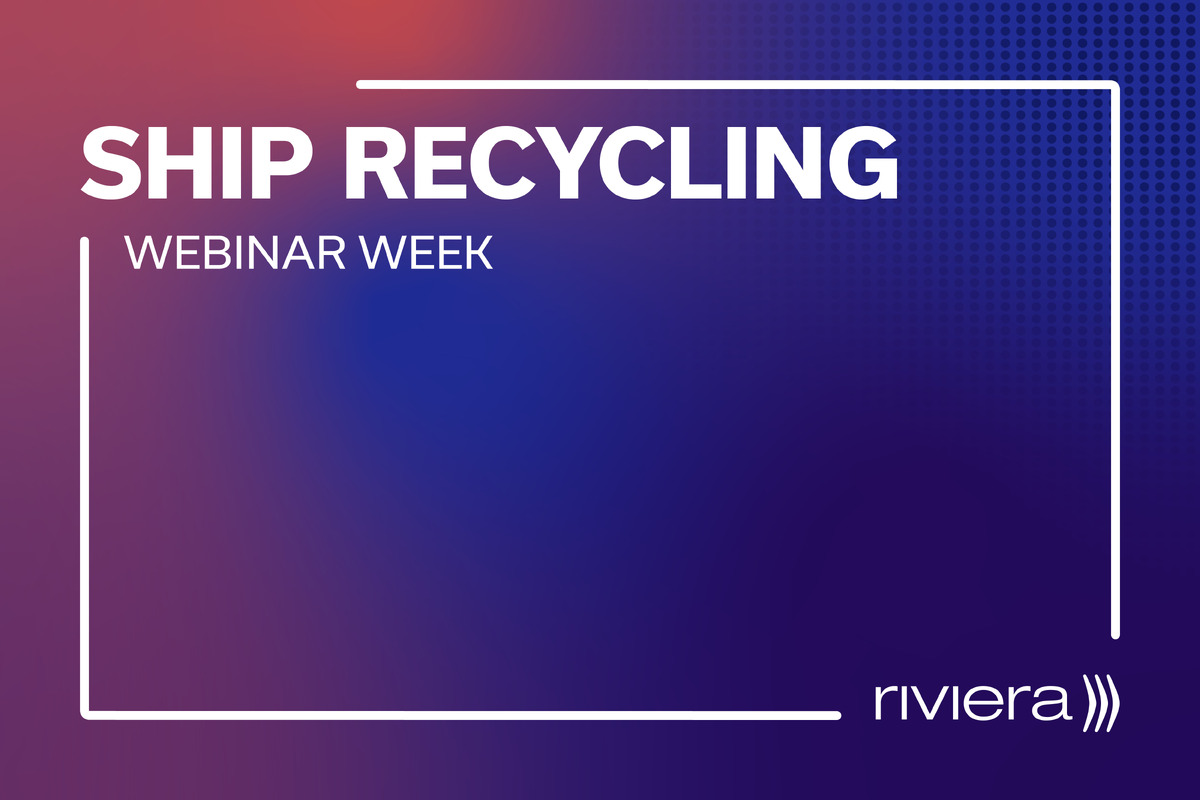Business Sectors
Events
Marine Coatings Webinar Week
Contents
NGOs hail 'progress' in IMO working group following move to delay adoption of climate framework
Further work on guidelines that would support IMO’s net-zero emissions plan for shipping ’indicates broad support’, according to Clean Shipping Coalition
A coalition of non-governmental organisations following the progress of environmental regulations under discussion at the International Maritime Organization (IMO) in London have claimed that constructive dialogue remains underway on guidelines to support the yet-to-be-adopted measure which would add teeth to a general international agreement to decarbonise shipping operations.
An extraordinary session of IMO’s Marine Environment Protection Committee (MEPC) adjourned on 17 October 2025 without adopting a landmark treaty that could have – and may still – become the first legally-binding global rules setting out technical and economic measures that would lead an industry down a timeline of targets to decarbonise operations to the point of net zero.
Under discussion were additions to the maritime pollution treaty, Marpol, that includes the Net-Zero Framework (NZF). The NZF is made up of two main decarbonisation requirements: a global fuel standard to move away from heavily polluting fuels and a global GHG emissions pricing mechanism, often referred to as a carbon tax.
Allegations of behind-the-scenes diplomatic pressure tactics from the United States during the MEPC meeting surfaced in news reports that followed a vote to delay discussions to approve the amendment to the maritime pollution treaty by a year. Back-channel negotiations were also referenced during proceedings, including a mention by the chair of the MEPC, as ’corridor diplomacy’.
“While last week’s IMO decision to delay its Net Zero Framework was unwelcome, let’s be clear – this is just a postponement and not the end of the NZF”, Clean Shipping Coalition president Delaine McCullough said.
“During this week’s ISWG meeting, IMO member states have constructively engaged in preparing the guidelines that will be necessary once the NZF is adopted. This indicates broad support for the NZF and that progress can still be made on preparing for implementation.”
NGO Transport & Environment’s IMO manager Dr Alison Shaw said the negotiations this week advanced on the implementation guidelines for the NZF despite a lack of certainty about the future of the regulations.
In its report on the progress of the working group, UK-based classification society Lloyd’s Register (LR) said the week-long meeting of delegations from IMO member states "demonstrates the work is continuing".
Noting that the member states and the shipping industry more broadly evidenced "some uncertainty" around whether the working group would be convened at all given the delay to the NZF, the classification society said the IMO secretariat confirmed the working group was obliged to complete a set of actions determined and approved at the prior MEPC meeting in April 2025.
The IMO Secretariat also offered the working group a bit of insight into the status of the NZF, according to LR.
The IMO Secretariat is "still analysing the impact of the adjournment" of the extraordinary session in October 2025, LR said, but "MEPC 84 will be able to consider the programming" of the next extraordinary session to address NZF.
Delay to NZF means delay for unrelated measures
As the Lloyd’s Register report pointed out, the adjournment of the extraordinary session of the MEPC in October meant that "several amendments to Marpol Annex VI were not adopted, although they have no impact on the NZF".
Among the regulations in limbo due to the decision to postpone further discussion on the NZF for a year are:
• Designation of the North-East Atlantic Ocean as an Emission Control Area for SOx, NOx and particulate matter.
• IMO ship fuel oil consumption system (IMO DCS) data accessibility.
• Review of the short-term greenhouse gas emissions reduction measures.
• Use of multiple engine operational profiles for a marine diesel engine related to NOx requirements.
• Clarification of entries in data reporting required by regulations 27 and 28.
"It is yet to be confirmed how or when these will be adopted. It could be that they are separated from amendments which are in adjournment so that they can be adopted before the NZF is further considered, and therefore they could be adopted separately," the LR report said.
IMO Secretary General: NZF still ’very much alive’
With years of negotiations behind the shipping decarbonisation amendments that include the Net-Zero Framework, and an April 2025 vote that approved the amendments to Marpol, the move to adjourn was not widely expected.
Despite the delay and uncertainty about its adoption, during a press conference following the closure of proceedings, IMO Secretary General Arsenio Dominguez said the existing framework plan remained on the table and was ’very much alive’.
"The framework is not adopted, but we were already working on developing the guidelines [if] the framework [had been] approved. So the amendments remain approved. The session has been adjourned to continue in one year, again, to address the adoption of the amendments," he said.
Asked if the adjournment was a ’blow’ to IMO, with alleged reports from delegates that "outside pressure [is] what dictated the outcome" of the vote, Mr Dominguez said he did not see it that way, while noting the particular challenges and weighty geopolitical stakes that surround climate agreements.
"It wasn’t the normal meetings of IMO, but this is a topic that, you know, transcends IMO," he said. "The geopolitics in the world right now makes it, as well, more challenging for us to make progress in certain topics. But I will maintain that member states have the right to express their opinion, to negotiate amongst each other. I’m not here to qualify that. I’m here to continue to work with all of them... and that’s why there’s further work, not only on the guidelines, but the negotiations that will continue to take place in between now that we have adjourned and when we resume in a year’s time."
Pointing out IMO’s "main framework" rules on greenhouse gas emissions remain "the basis for any discussions," Mr Dominguez said the organisation can still move forward on several fronts.
Riviera’s Maritime Decarbonization Americas Conference will be held in Houston, Texas, 22-23 January 2026. Click here for more information on this industry-leading event.
Related to this Story
Events
Marine Coatings Webinar Week
Maritime Environmental Protection Webinar Week
Ship Recycling Webinar Week
© 2024 Riviera Maritime Media Ltd.
